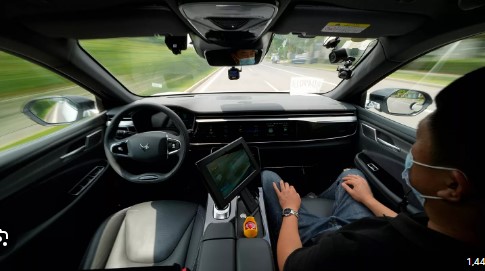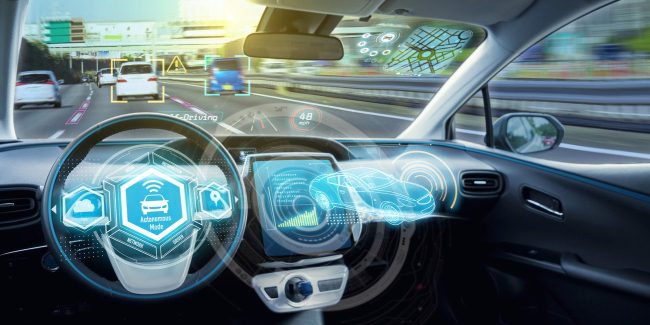
The Transportation Industry is Entering a New Era with Major Developments in Driverless Car Technology
Key Developments:
- Improved Safety Features: Recent advancements in sensor technology and AI have significantly enhanced the safety of driverless cars. New systems are now capable of detecting and responding to potential hazards in real-time, reducing the risk of accidents.
- Regulatory Approvals: Several countries and states have started to develop and implement regulations to govern the use of autonomous vehicles on public roads. This regulatory progress is crucial for the integration of driverless cars into everyday transportation.
- Pilot Programs and Testing: Companies like Waymo, Tesla, and Uber have been conducting extensive pilot programs in various cities worldwide. These tests are designed to gather data, refine technology, and ensure the vehicles can handle diverse driving conditions.
- Consumer Readiness: Surveys indicate a growing public interest in driverless cars. Many consumers are eager to embrace the convenience and potential cost savings that autonomous vehicles offer, although concerns about safety and privacy remain.
- Environmental Impact: Autonomous vehicles are expected to contribute to reduced emissions and lower fuel consumption. By optimizing driving patterns and reducing traffic congestion, driverless cars can play a significant role in addressing environmental challenges.

Challenges Ahead:
Despite the advancements, the road to full integration of driverless cars is not without challenges. Issues such as cybersecurity, legal liability, and public acceptance need to be addressed comprehensively. Additionally, the development of infrastructure to support autonomous vehicles, such as dedicated lanes and smart traffic signals, is essential.
Conclusion:
As driverless car technology continues to evolve, it holds the promise of transforming the way we travel. With ongoing innovation and collaboration between tech companies, automotive manufacturers, and regulatory bodies, the dream of autonomous vehicles becoming a mainstream reality is closer than ever.
